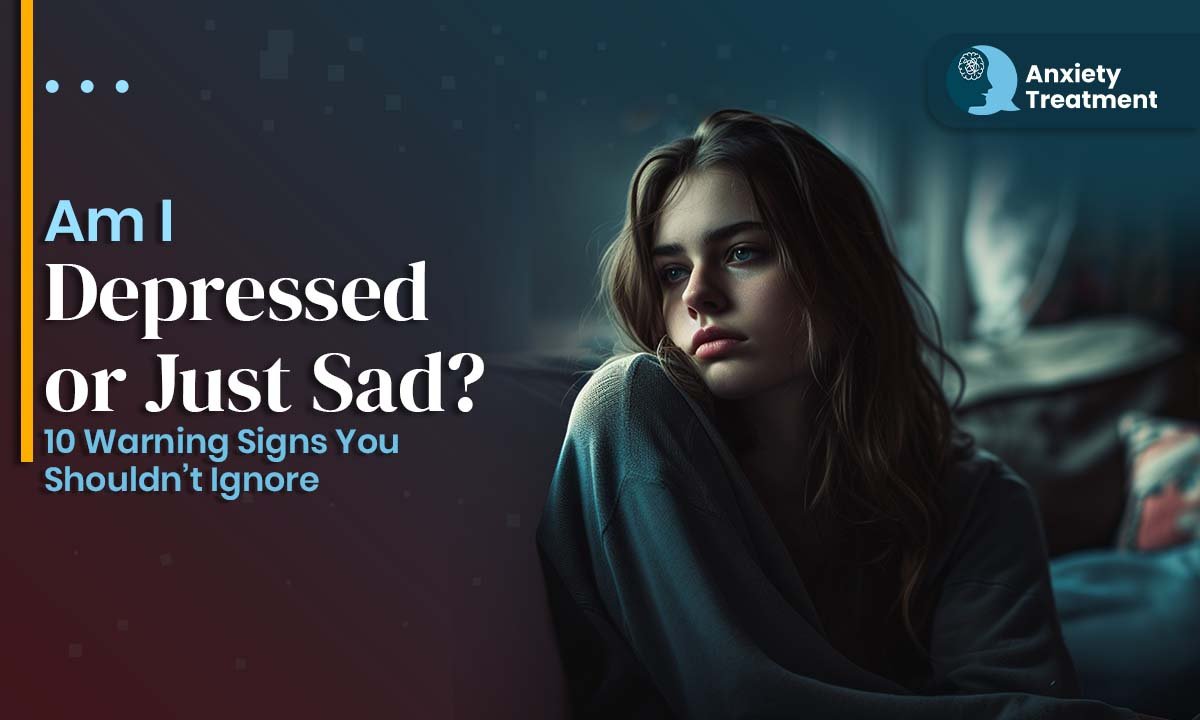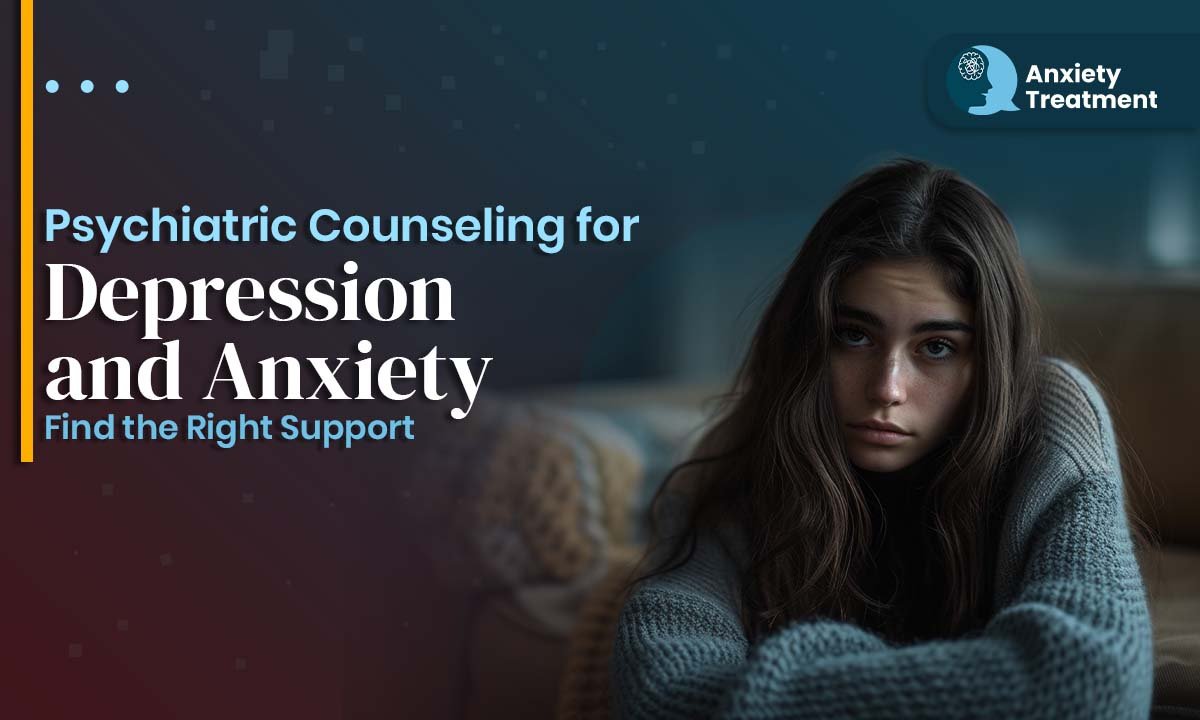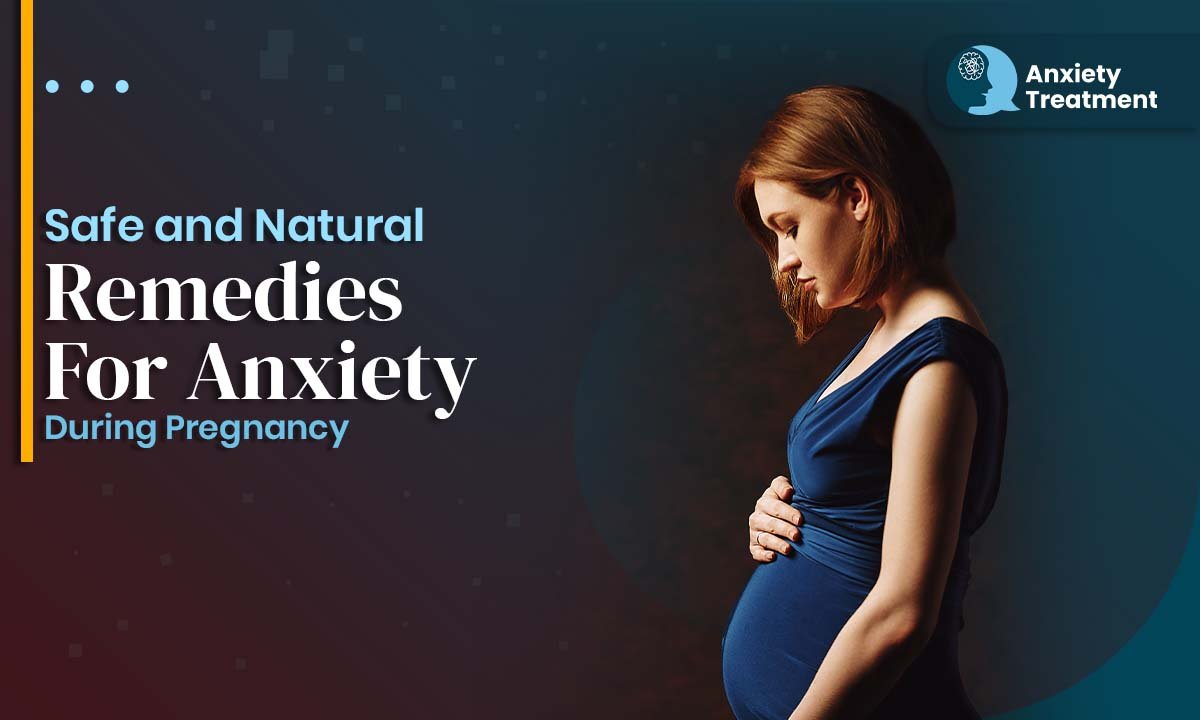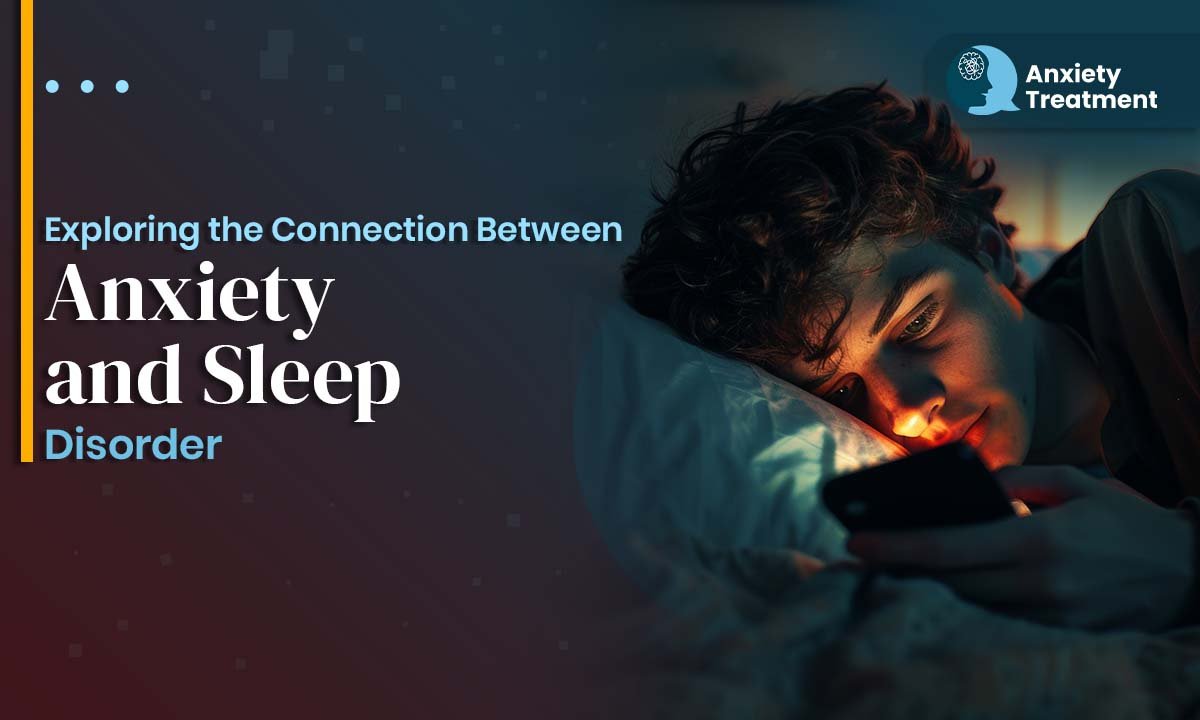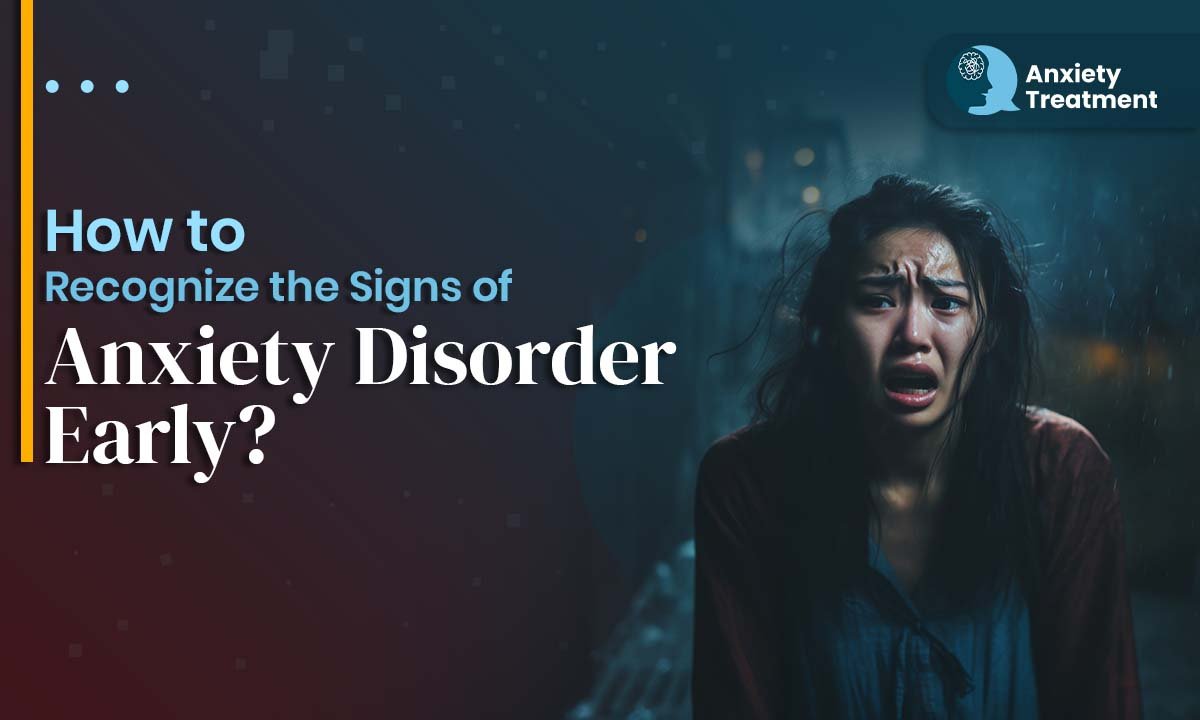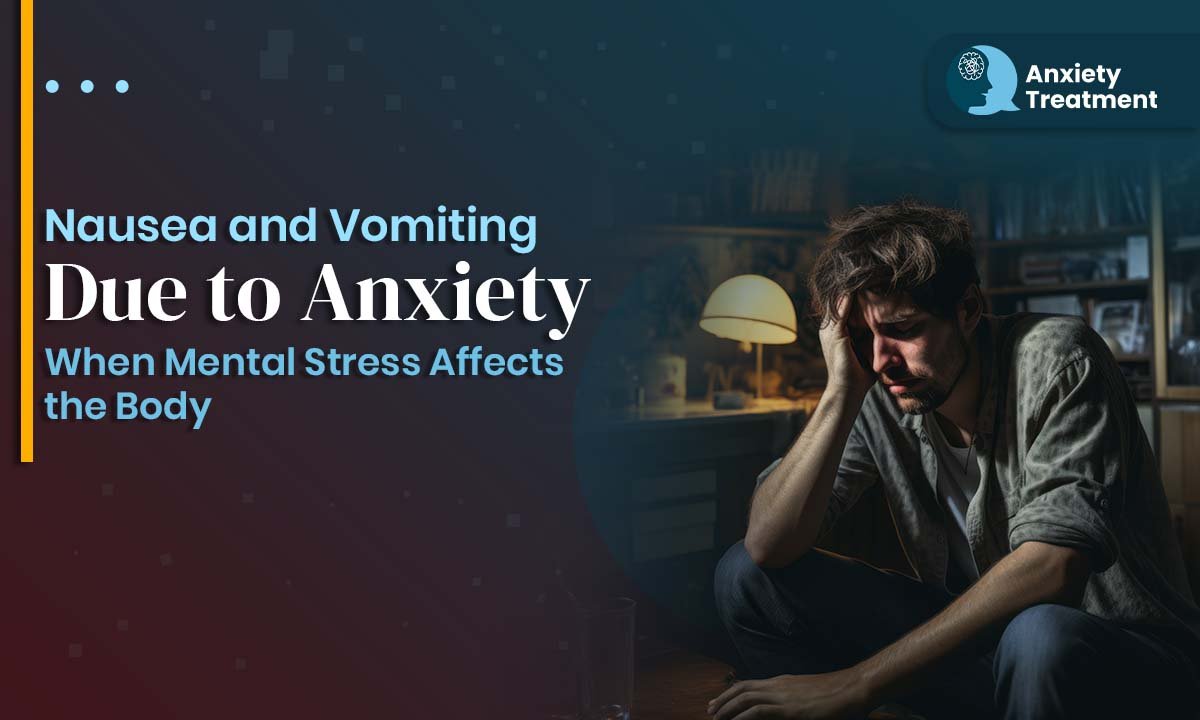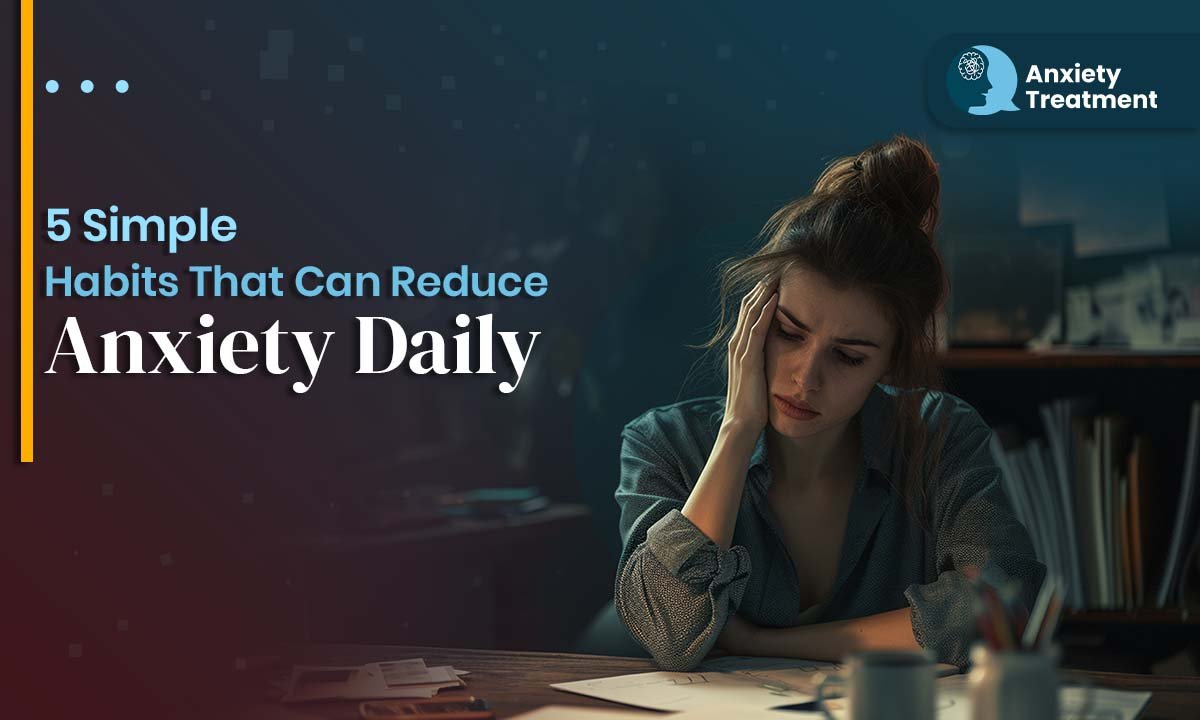Stress, disappointment, or personal loss can cause sadness that usually fades over time. But if your low mood lingers, starts to interfere with your everyday activities, or feels overwhelming, you might find yourself asking Am I depressed?
Recognizing the difference between everyday sadness and clinical depression is essential for maintaining mental well-being. In this blog, we'll explore the topic of Sadness vs depression, highlight the most common emotional symptoms of depression, and help you identify clinical depression signs that shouldn’t be ignored.
Sadness vs Depression: Knowing the Difference
Everyone experiences sadness. It's a normal human emotion. But how can you tell when sadness crosses the line into depression? The key difference lies in the duration of the feelings, their intensity, and the extent to which they interfere with daily functioning.
Sadness is typically tied to a specific event - like a loss, setback, or disappointment - and generally resolves on its own within days or weeks.
Depression, in contrast, is a clinical condition whose symptoms persist for at least two weeks, often lasting several months or even longer without treatment. It also tends to be more pervasive, affecting your mood, energy, sleep, appetite, and ability to function dailyIt may not have a clear cause and can disrupt your ability to function day-to-day.
If you’re repeatedly asking, Am I depressed or just sad? It's important to recognize that depression is a legitimate medical condition that needs proper care and treatment. Recognizing the clinical depression signs early can lead to effective treatment and recovery.
10 Crucial Signs of Depression You Shouldn’t Overlook
1. Persistent Sadness or Low Mood
Feeling sad every day for more than two weeks is one of the core emotional symptoms of depression. It’s more than just a rough patch it can feel like an emotional weight that won’t lift.
2. Losing Interest in Activities You Once Enjoyed
One of the classic clinical depression signs is losing interest or pleasure in activities you once loved. This condition, known as anhedonia,is a key difference in the sadness vs depression conversation.
3. Fatigue and Lack of Energy
Feeling tired even after resting or sleeping can indicate depression. Unlike normal tiredness, this kind of fatigue is persistent and makes even simple tasks feel overwhelming.
4. Changes in Sleep Patterns
Both insomnia and trouble sleeping and hypersomnia (sleeping too much) are common emotional symptoms of depression. If your sleep habits have drastically changed, it's worth paying attention.
5. Feelings of Guilt or Worthlessness
Depression often causes negative self-perceptions. You may feel like a failure, believe you're a burden to others, or blame yourself excessively.
6. Difficulty Concentrating or Making Decisions
Depression can cloud your thinking, making it hard to focus, remember things, or make decisions. If you notice ongoing cognitive struggles, ask yourself : Am I depressed?
7. Changes in Appetite or Weight
Unintentional weight gain or loss, or a significant shift in appetite, is a major sign of mental distress. This physical change is one of the clinical depression signs that's easy to overlook.
8. Irritability or Unexplained Anger
Although often associated with sadness, depression can also cause irritability or short tempers, especially in men or teenagers.
9. Physical Aches and Pains Without a Medical Cause
Many people experience unexplained headaches, digestive issues, or body aches.These physical symptoms may actually be linked to untreated emotional symptoms of depression.
10. Thoughts of Death or Suicide
If you’re having persistent thoughts of death or self-harm, it’s a serious sign you should seek immediate help.This goes beyond sadness it's one of the most urgent clinical depression signs.
Am I Depressed? Self-Check Questions
If you’re reflecting on questions like “Am I depressed?” or “Is this just sadness?”, consider asking yourself:
- Have these feelings lasted longer than two weeks?
- Do I feel disconnected from life?
- Have I lost interest in the things that once made me happy?
If you answered yes to several of these, you're not alone - and you may be dealing with depression rather than just temporary sadness.
When to Seek Help
It’s easy to dismiss emotional struggles as just a phase, but mental health should be taken seriously. The sooner you identify clinical depression signs, the better your chances of managing and overcoming them.
Final Thoughts
It’s natural to feel uncertain when emotions become overwhelming - those moments can cloud your thinking and make it hard to see clearly. But if you're constantly wondering, Am I depressed? or struggling with the difference between sadness vs depression, it's time to tune in to your emotional well-being.
By recognizing the emotional symptoms of depression and taking note of the clinical depression signs, you can take the first step toward healing.

